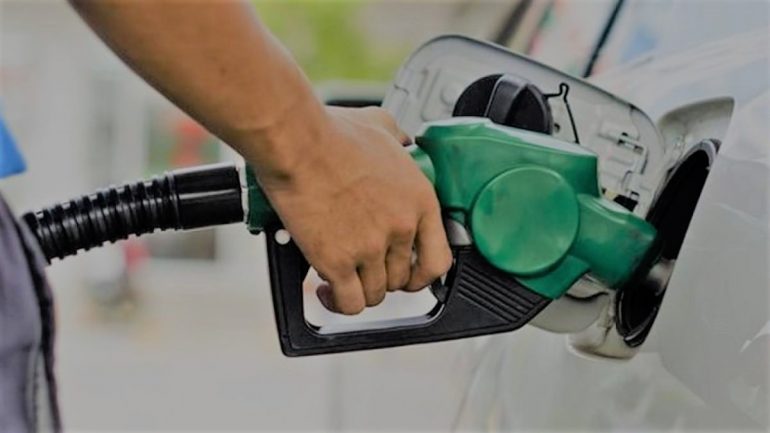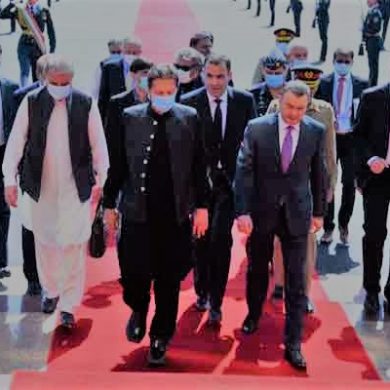The government raised petrol and gasoline prices by Rs 5 per liter for the second half of the current month on Wednesday (15 September). The government said that the decision was made due to an increase in international oil costs and a depreciation of the Pakistani rupee against the US dollar.
Kerosene and Light Diesel Oil (LDO) have also been raised in price by Rs 5.46/liter and Rs 5.92/liter, respectively. The new prices will be in effect from today, September 16th, through the end of the month.
The new prices will be:
- Petrol will be Rs123.30 per liter.
- Diesel Rs120.04 per liter.
- Kerosene Rs92.26.
- LDO price would be Rs90.69 per liter.
Senator Sherry Rehman said on Twitter that the “Petrol, diesel prices go up by a whopping Rs 5 in one go.”
The finance ministry stated in a statement that the prices of petroleum were raised due to fluctuations in the worldwide market and exchange rate fluctuations.
Petrol is mostly utilized in automobiles and motorcycles in Pakistan. Diesel fuel is utilized in agriculture and transportation. Kerosene is used for cooking in rural places when Liquified Petroleum Gas (LPG) is unavailable. LDO is utilized in the industrial industry.
In addition, the government levies a 17 percent general sales tax (GST) on all petroleum goods. Aside from that, it collects a petroleum levy (PL) on these products, which is paid directly by consumers.
It should be recalled that when the PTI-led government took office in August 2018, the Brent oil price was $75.5 per barrel, while the local market price of diesel was Rs112.94 per liter, petrol was Rs95.24 per liter, kerosene was Rs83.96 per liter, and Light Diesel Oil (LDO) was Rs75.37 per liter.
Now that the Brent price is about the same, the petroleum products are significantly higher, with petrol at Rs123.3 per liter, diesel at Rs120.04 per liter, kerosene at Rs92.26 per liter, and LDO at Rs90.69 per liter.
According to independent analysts, the increase in petroleum products will have a detrimental influence on the economy through increasing inflationary pressures. It will raise the cost of power generation, goods transportation, and, ultimately, production costs.



